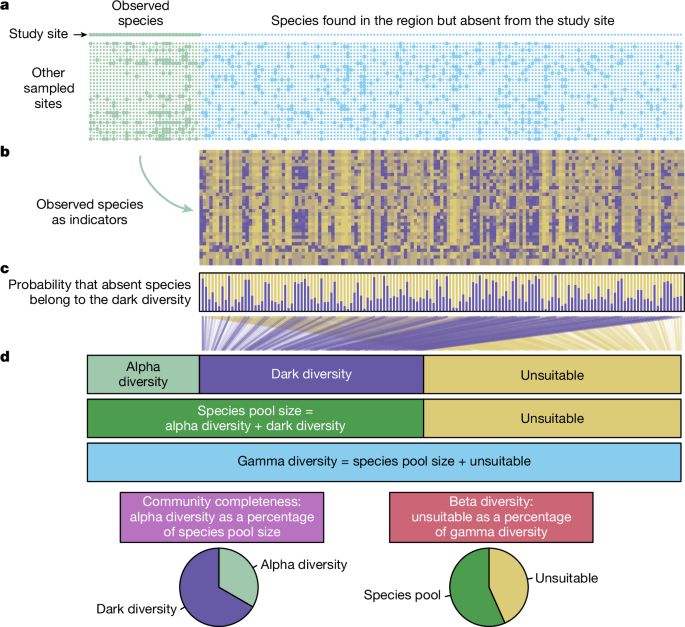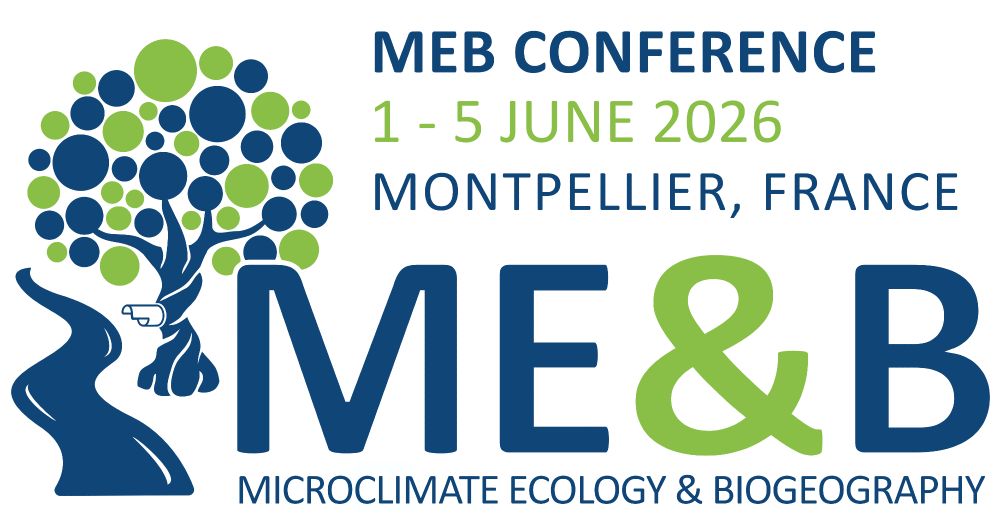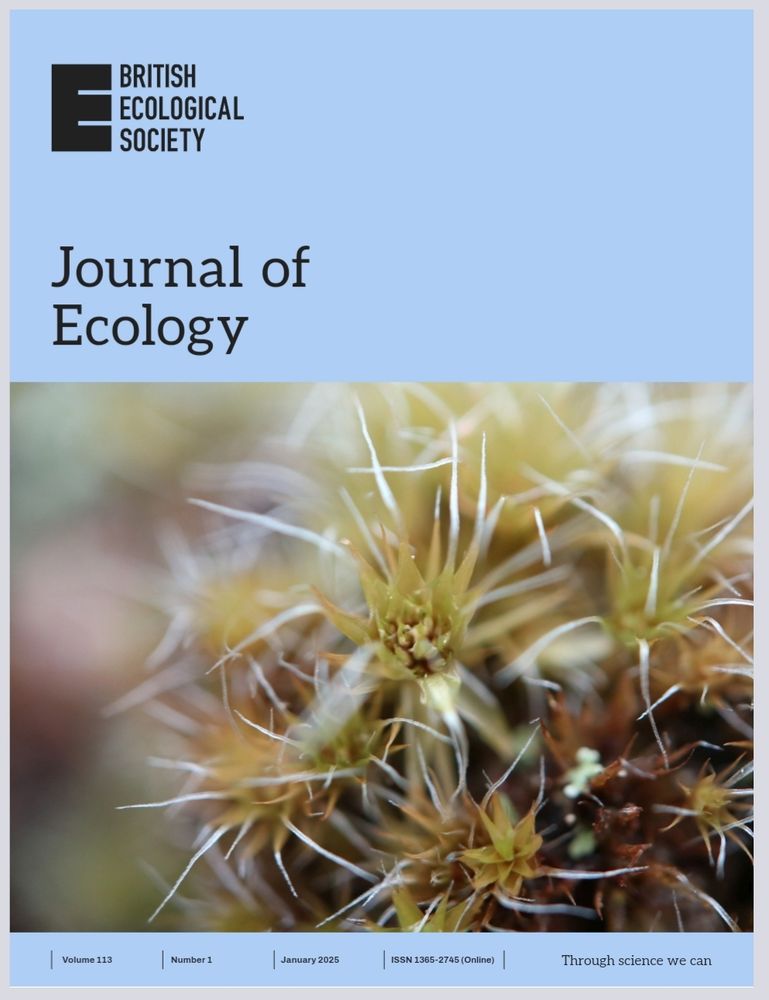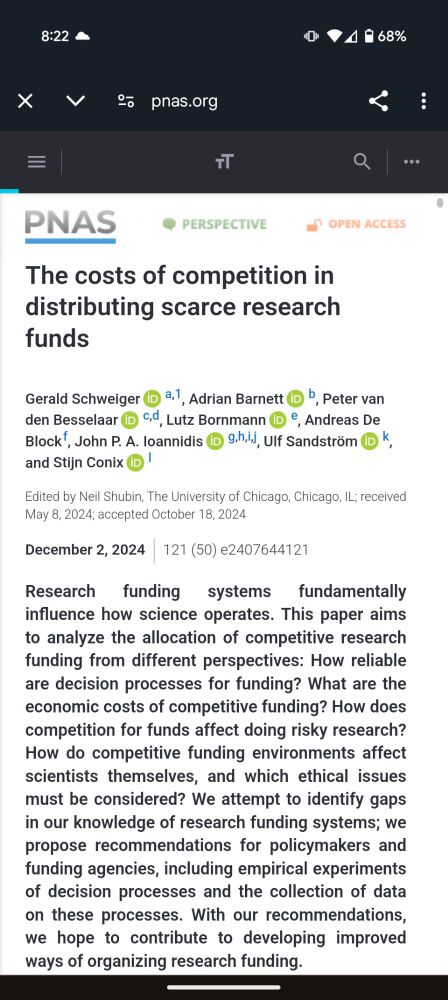Koenraad Van Meerbeek
@kvanmeerbeek.bsky.social
1K followers
220 following
39 posts
Associate professor - KU Leuven
Global Change Ecology / Microclimate Ecology and Biogeography / Biodiversity - Ecosystem Functioning / Conservation Ecology
www.sglobelab.com
Posts
Media
Videos
Starter Packs
Reposted by Koenraad Van Meerbeek
Olivier Honnay
@olivierhonnay.bsky.social
· Apr 17
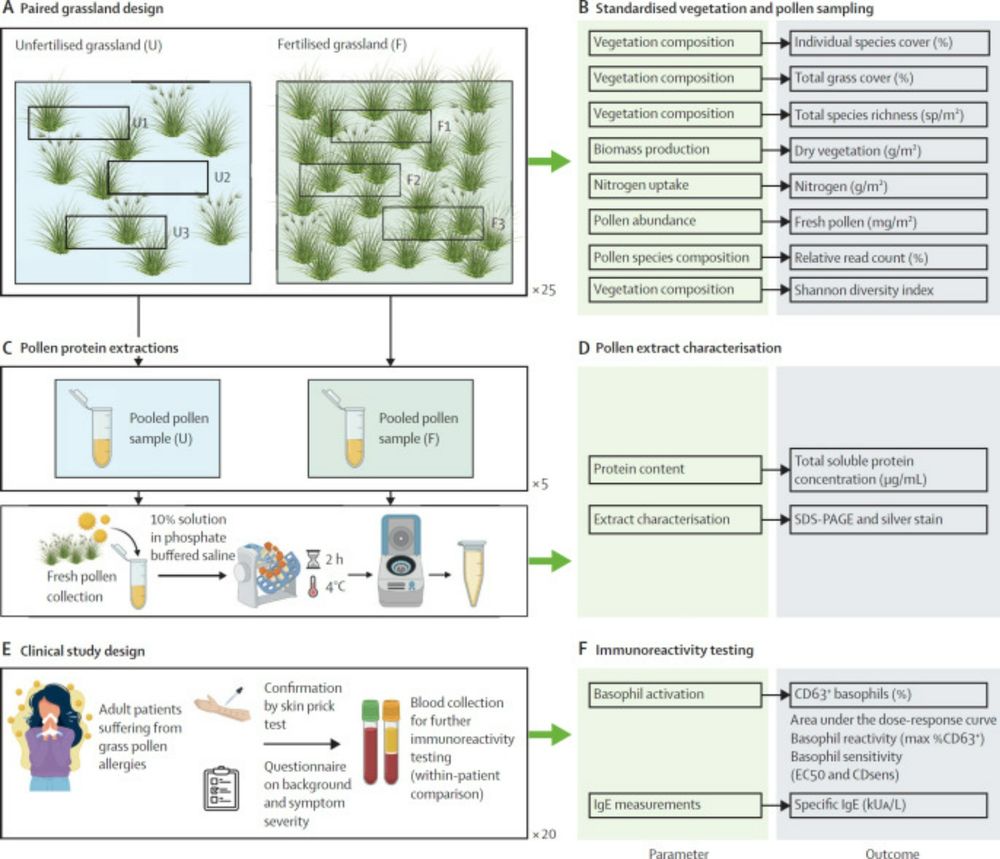
The impact of ecosystem nitrogen enrichment on pollen allergy: a cross-sectional paired comparison study
Nitrogen enrichment substantially increased pollen abundance and allergenicity, indicating
a heightened allergy burden in nitrogen-rich environments. These findings underscore
the need for policies ad...
www.thelancet.com
Reposted by Koenraad Van Meerbeek
Reposted by Koenraad Van Meerbeek
Reposted by Koenraad Van Meerbeek
Reposted by Koenraad Van Meerbeek
Reposted by Koenraad Van Meerbeek
Reposted by Koenraad Van Meerbeek
David N. Thomas
@dnthomas01.bsky.social
· Jan 12
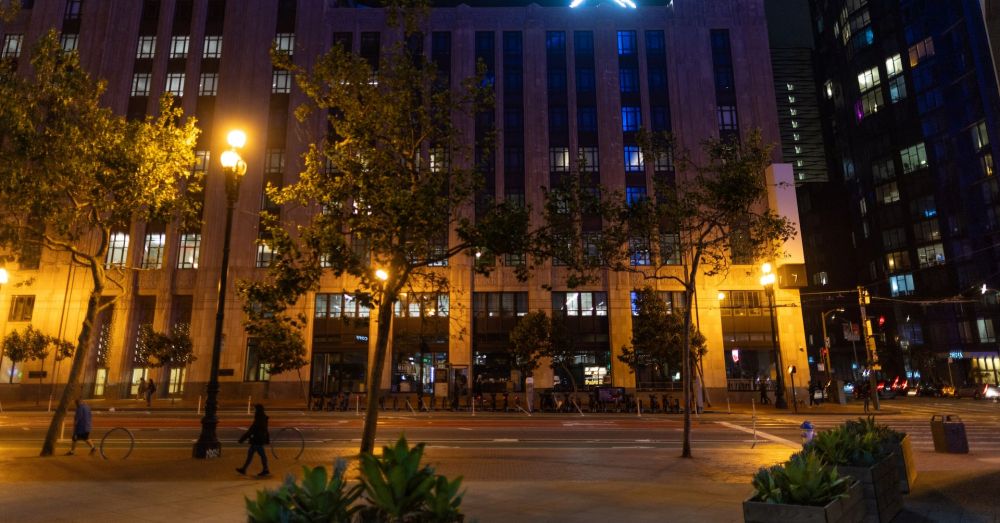
UK universities join retreat from Elon Musk's X, citing misinformation on platform
Universities and other higher education establishments have joined a retreat among British institutions from Elon Musk's X social media platform, citing its role in spreading misinformation that fuelled race riots last year.
www.reuters.com
Reposted by Koenraad Van Meerbeek
Xavier Morin
@xaviermorin.bsky.social
· Jan 6
Reposted by Koenraad Van Meerbeek
Reposted by Koenraad Van Meerbeek


